Uzbekistan postpones AI-80 gasoline ban to 2028
Uzbekistan has announced a new timeline for the gradual phase-out of AI-80 gasoline, extending the ban to 2028 instead of the previously planned 2025. The decision follows President Shavkat Mirziyoyev’s decree on September 24, aimed at addressing dust storms and improving air quality in the country.
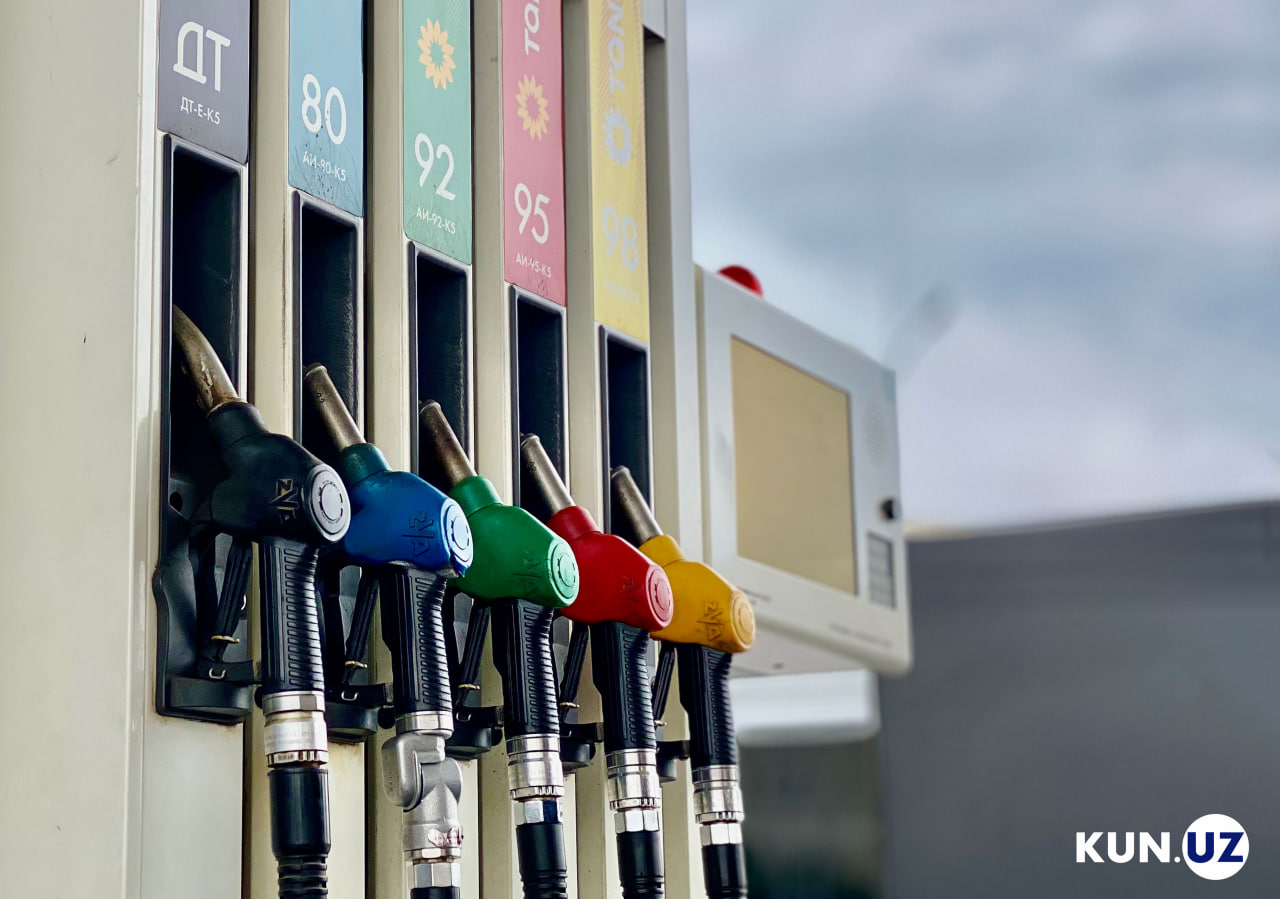
Reportedly, the new schedule will be implemented as part of a comprehensive program to enhance air quality in Tashkent. Under the revised plan, the use and sale of automotive fuel that does not meet the "Euro-4" environmental standards will be progressively restricted starting in 2028. This decision comes as a part of ongoing efforts to reduce pollution and improve environmental conditions in the region.
Initially, the government had directed the Ministry of Energy to address the transition away from AI-80 gasoline (classified under "Euro-2" standards) by January 2025. However, recent updates indicate a phased cessation of sales for fuels below "Euro-4" standards between 2025 and 2027. To facilitate this transition, significant upgrades are planned for the Bukhara and Fergana oil refineries, which currently produce AI-80 gasoline. Additionally, the import of fuel meeting "Euro-2" and "Euro-3" standards will be banned.
The press service of Uzbekneftegaz confirmed that modernization efforts are essential to this transition. "The Bukhara oil refinery needs time to shift to producing 'Euro-4' and higher gasoline. By the end of this year, the technical and economic foundations of the project will be developed, after which it will be submitted to the Cabinet of Ministers. The complete implementation of the project will take approximately 30 to 32 months," the statement noted.
From January 2025, production of AI-92 gasoline under "Euro-2" standards is expected to increase monthly, with a gradual transition to exclusive production of AI-92 gasoline. Currently, AI-80 gasoline is produced only in Uzbekistan and Afghanistan.
Earlier this January, the Ministry of Energy announced plans to eliminate AI-80 gasoline by the end of 2026 through increased production of AI-92 and higher-grade gasoline. This plan also included proposals to reduce excise tax rates on higher-octane gasoline brands.
The composition of AI-80 gasoline should not exceed 0.5% sulfur, while "Euro-5" standards require this figure to be significantly lower at 0.001%. Similarly, "Euro-2" standards permit benzene levels up to 5%, whereas "Euro-5" restricts it to 1%. Such stringent regulations aim to enhance the environmental safety of fuels in Uzbekistan.
Plans to transition the Bukhara and Fergana oil refineries to producing "Euro-5" and "Euro-6" gasoline have faced delays due to rising energy tariffs, according to the Ministry of Energy. Originally, the modernization of these refineries was set to be completed by the end of 2025, with the installation of isomerization equipment at Bukhara and the commencement of hydrocracking processes at Fergana planned for the same year.
In addition to these changes, the Ministries of Energy and Ecology have proposed various measures to reduce the demand for gasoline, including the promotion of electric vehicles, the development of infrastructure for these vehicles, and enhancements to public transportation.
Related News
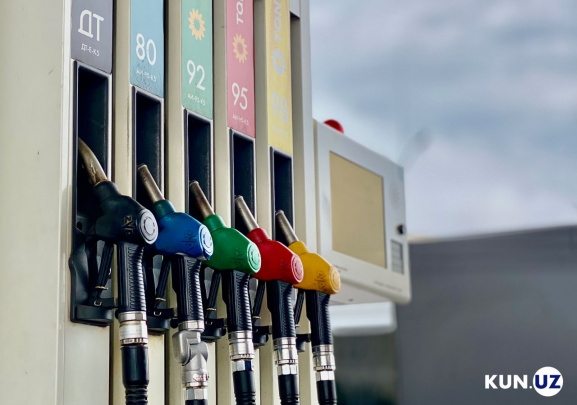
20:22 / 20.02.2026
Fuel quality verification devices to be installed at all gas stations by 2030
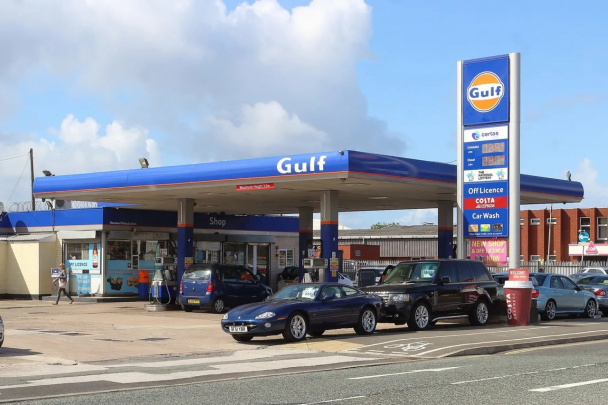
12:08 / 20.02.2026
US-based Gulf Oil plans $150 million investment to build 100 gas stations in Uzbekistan
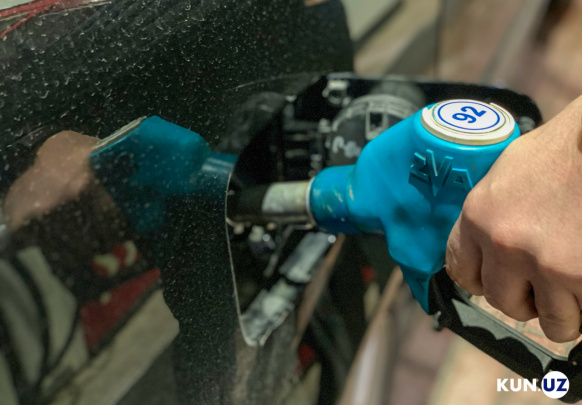
18:39 / 03.02.2026
Uzbekistan to ban cash payments at fuel stations from April 2026
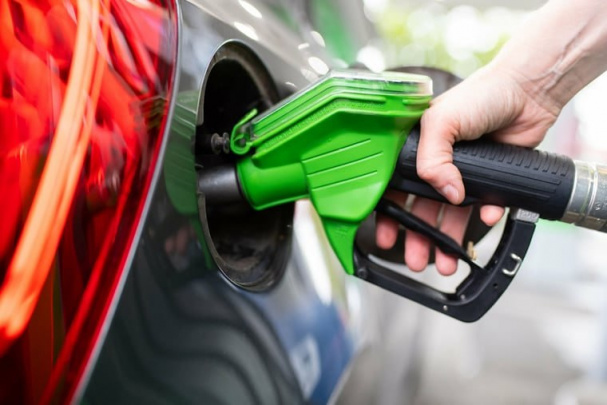
15:22 / 20.01.2026




